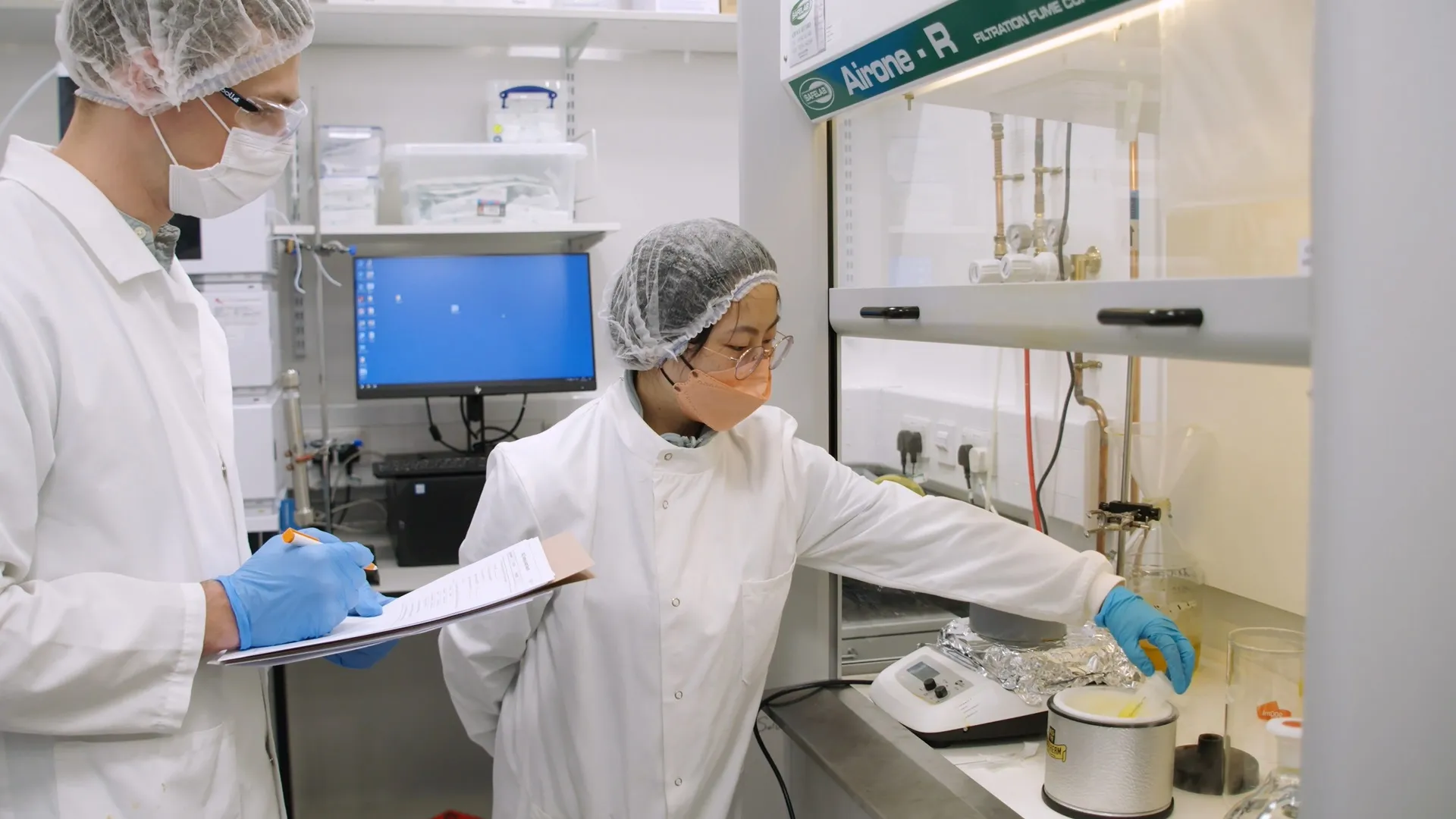
The Baillie Gifford Pandemic Science Hub will use translational genomics – following clues from the human genome to identify, and rapidly test new treatments – with experimental medicine methods to quickly evaluate and develop drugs for lung inflammation and injury caused by infection.
It will combine Edinburgh’s world-class ability to determine a person’s genetic predisposition to lung injury with advanced interventional robotics for drug delivery, cutting-edge sensing and sampling technologies, and innovative clinical trial design.
Baillie Gifford is supporting the launch with a philanthropic gift of £14.7 million. The University aims to secure a total of £100m investment to accelerate discoveries to drive clinical translation in Covid-19 and other human lung diseases, as well as aiding preparedness for future pandemics.
This investment will accelerate partnerships and translational opportunities with other academic organisations, industry and other collaborators worldwide. The hub will attract additional interdisciplinary research scientists and clinical leaders to drive this work forward.
Experimental medicine
The hub builds on the success of GenOMICC and STOPCOVID, experimental medicine projects led by Professors Kenneth Baillie and Kev Dhaliwal, respectively.
GenOMICC is a global research study that aims to understand the genetic factors that change outcomes in critical illness.
Early in the pandemic, GenOMICC found the first human gene ever to lead to a new drug treatment for infectious disease or critical illness. Based on human genetic data from Covid-19 patients, they predicted the drug baricitinib would be an effective treatment.
This discovery, combined with other evidence, led to the decision to add the drug to the RECOVERY trial, which recently reported that baricitinib is effective at reducing death from severe COVID-19.
GenOMICC recently discovered a further 16 genes underlying severe Covid-19, potentially leading to even more effective treatments.

